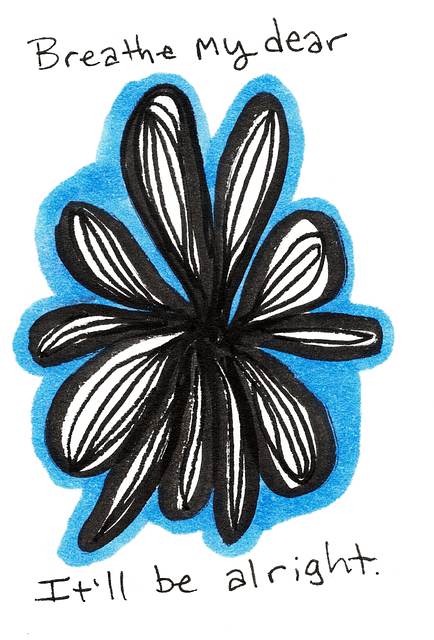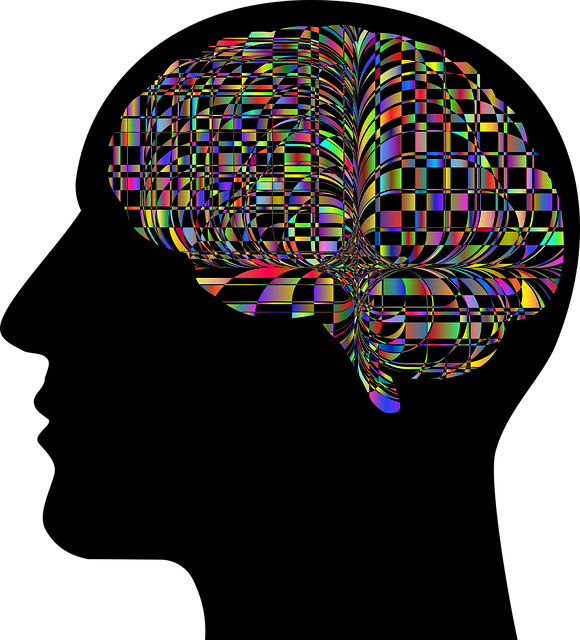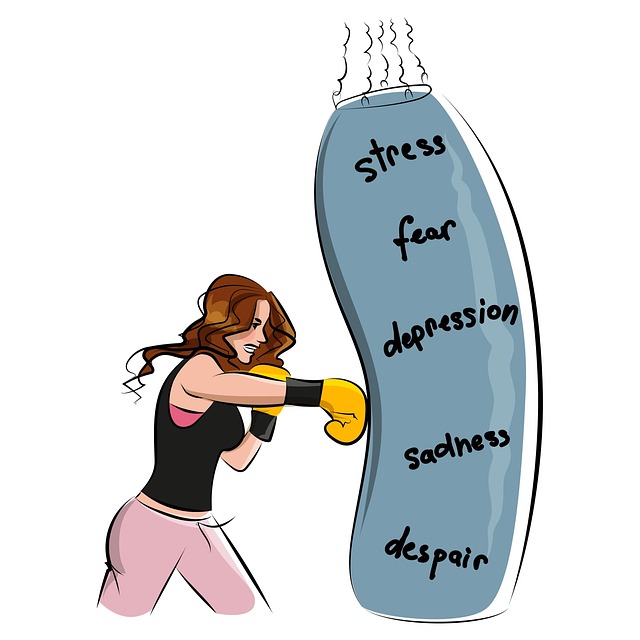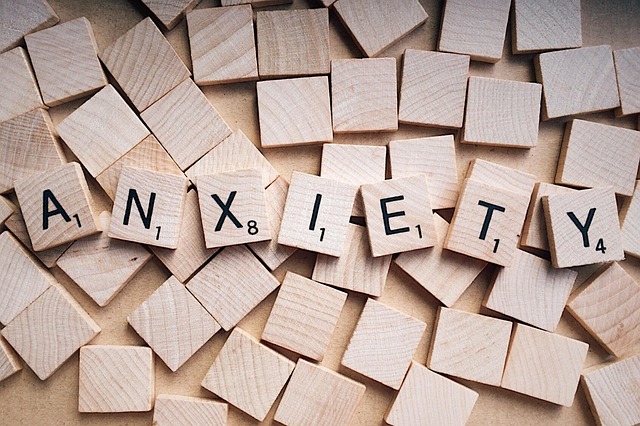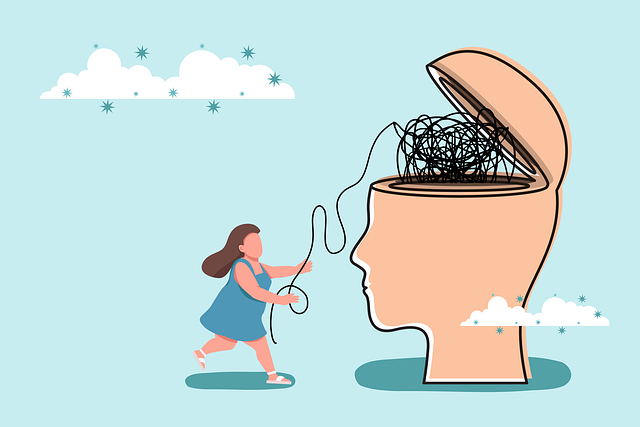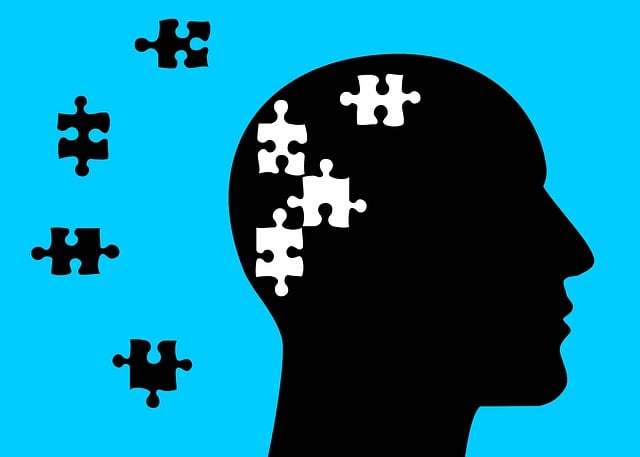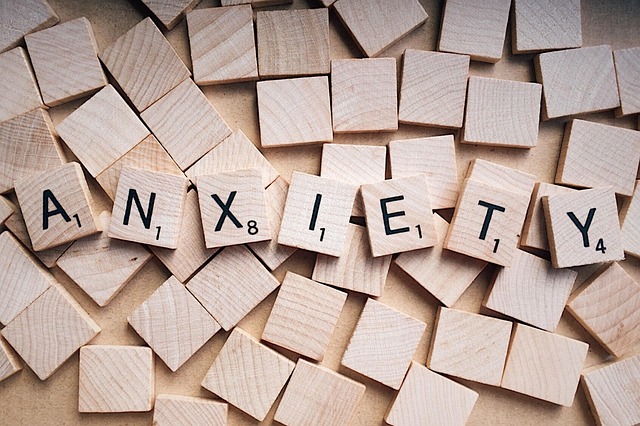Stress management is vital in preventing Adjustment Disorder (AD) among young adults, characterized by intense emotional responses to age-related stressors leading to anxiety, depression, and irritability. Early intervention focuses on therapy combining self-awareness exercises and emotional healing, helping develop healthier coping strategies and reducing the risk of secondary mental health issues. Cognitive Behavioral Therapy (CBT), backed by research, targets negative thought patterns for effective stress control. Mindfulness and meditation, ancient practices focusing on present-moment awareness, offer natural stress management tools. Lifestyle changes, including regular exercise, balanced diet, social connections, and journaling, are key strategies for holistic mental wellness improvement in young adults with AD.
Stress reduction is a vital aspect of maintaining mental health, especially for young adults grappling with adjustment disorders. This comprehensive guide explores effective strategies to combat stress and promote well-being. From cognitive behavioral therapy (CBT), proven to be a powerful tool for managing anxiety, to mindfulness practices offering inner calm, and lifestyle changes such as exercise, diet, and social connections, discover a holistic approach to stress reduction tailored for young adults dealing with adjustment disorders.
- Understanding Stress and Adjustment Disorder in Young Adults
- Cognitive Behavioral Therapy (CBT): A Powerful Tool for Stress Reduction
- Mindfulness and Meditation Techniques for Calmness
- Lifestyle Changes: Exercise, Diet, and Social Connections as Stress Management Strategies
Understanding Stress and Adjustment Disorder in Young Adults

Stress is a normal part of life for young adults, but when it becomes overwhelming and chronic, it can lead to Adjustment Disorder (AD). This mental health condition is characterized by intense emotional responses to stressors that are typical for one’s age and circumstances. AD symptoms may include feelings of anxiety, depression, irritability, and difficulty coping with everyday tasks. Understanding these issues early on is crucial.
Therapy for Young Adults Adjustment Disorder often involves a combination of self-awareness exercises to help individuals recognize and manage their emotions, as well as emotional healing processes that address underlying trauma or distressing life events. By fostering self-awareness, young adults can develop healthier coping mechanisms, which can prevent the onset of depression and other mental health concerns. These practices empower them to navigate stressors more effectively, leading to improved overall well-being.
Cognitive Behavioral Therapy (CBT): A Powerful Tool for Stress Reduction

Cognitive Behavioral Therapy (CBT) has emerged as a powerful tool for stress reduction, particularly among young adults grappling with adjustment disorders. This form of therapy focuses on identifying and changing negative thought patterns that contribute to stress and anxiety. By challenging distorted beliefs and replacing them with more realistic and balanced perspectives, CBT enables individuals to develop healthier coping mechanisms.
CBT’s effectiveness in managing stress is supported by extensive research, making it a preferred treatment option in many mental healthcare settings. Furthermore, public awareness campaigns aimed at depression prevention have played a crucial role in promoting CBT as a viable solution for young adults facing adjustment challenges. Cultural sensitivity in mental healthcare practice also ensures that CBT is accessible and tailored to meet the diverse needs of individuals from various backgrounds.
Mindfulness and Meditation Techniques for Calmness

Mindfulness and meditation have emerged as powerful tools for young adults dealing with adjustment disorders, offering a natural therapy to manage stress and promote mental wellness. These ancient practices encourage individuals to focus on the present moment, cultivating calmness in an often chaotic world. By simply observing thoughts and sensations without judgment, one can achieve a profound sense of inner peace.
For those seeking depression prevention or anxiety relief, mindfulness meditation is particularly effective. Techniques vary from guided visualizations to body scans, helping individuals become more aware of their mental and physical states. Regular practice has been shown to reduce symptoms of various mental health conditions, making it an accessible and beneficial approach for anyone looking to enhance their mental wellness.
Lifestyle Changes: Exercise, Diet, and Social Connections as Stress Management Strategies

Lifestyle changes are powerful tools for managing stress and promoting mental wellness. Regular exercise, such as brisk walking or yoga, releases endorphins that can reduce tension and improve mood. For young adults struggling with adjustment disorders, Physical activity provides a healthy outlet to channel frustration and anxiety, fostering emotional well-being. A balanced diet is another essential component of stress management, as certain foods can enhance cognitive function and stabilize energy levels throughout the day.
Beyond physical and nutritional habits, cultivating strong social connections serves as a potent stress reduction method. Sharing experiences and emotions with trusted friends or family members can offer perspective and support during challenging times. Journaling, too, is an effective Emotional Well-being Promotion Technique that encourages introspection and self-reflection. By documenting thoughts and feelings, individuals gain insights into their triggers and develop coping mechanisms, ultimately enhancing Self-Esteem Improvement and overall therapy for Young Adults Adjustment Disorder.
In conclusion, managing stress effectively is paramount for young adults, especially those dealing with adjustment disorder. By combining cognitive behavioral therapy (CBT), mindfulness practices, and lifestyle adjustments like regular exercise, balanced diets, and fostering social connections, individuals can significantly reduce stress levels and improve overall well-being. These strategies empower young adults to navigate life’s challenges more resiliently and foster a healthier, happier future.
